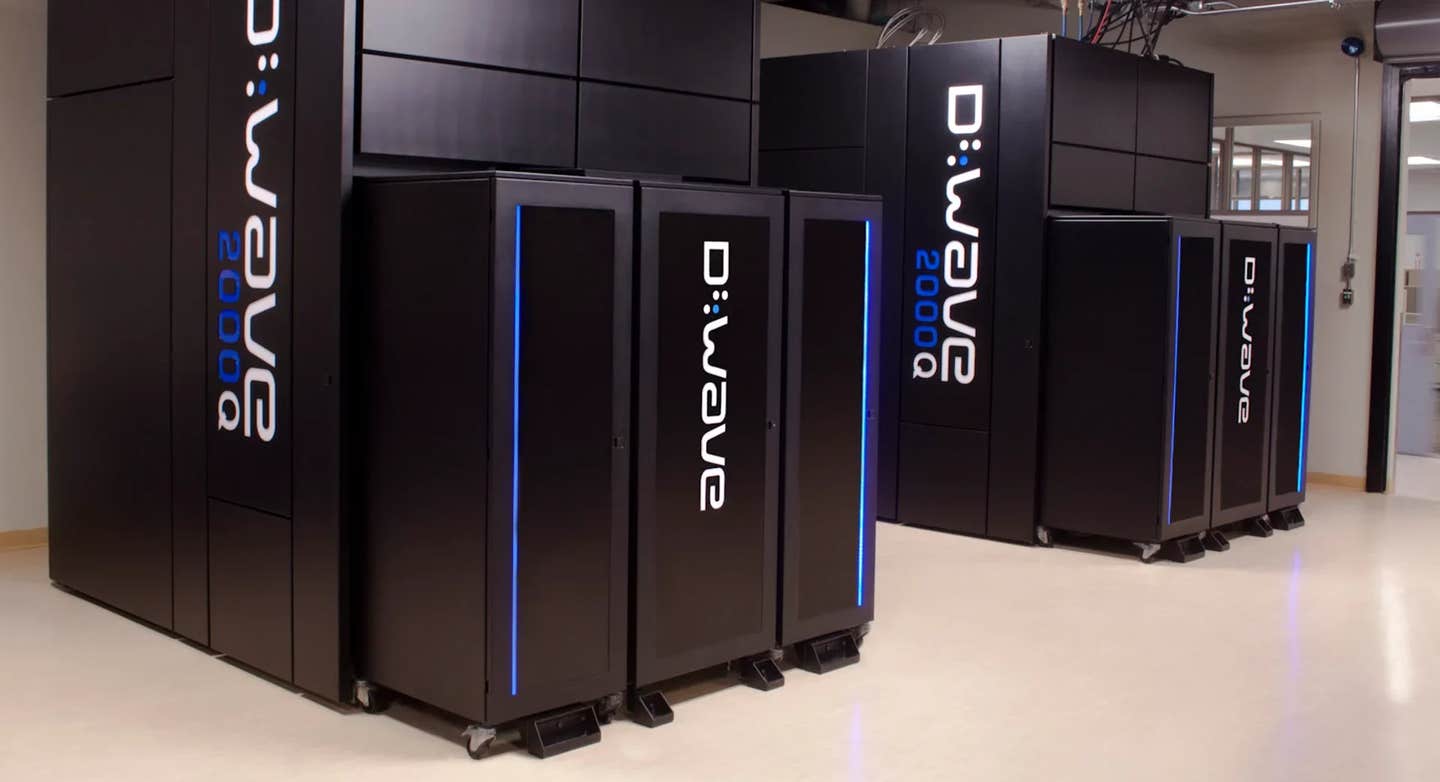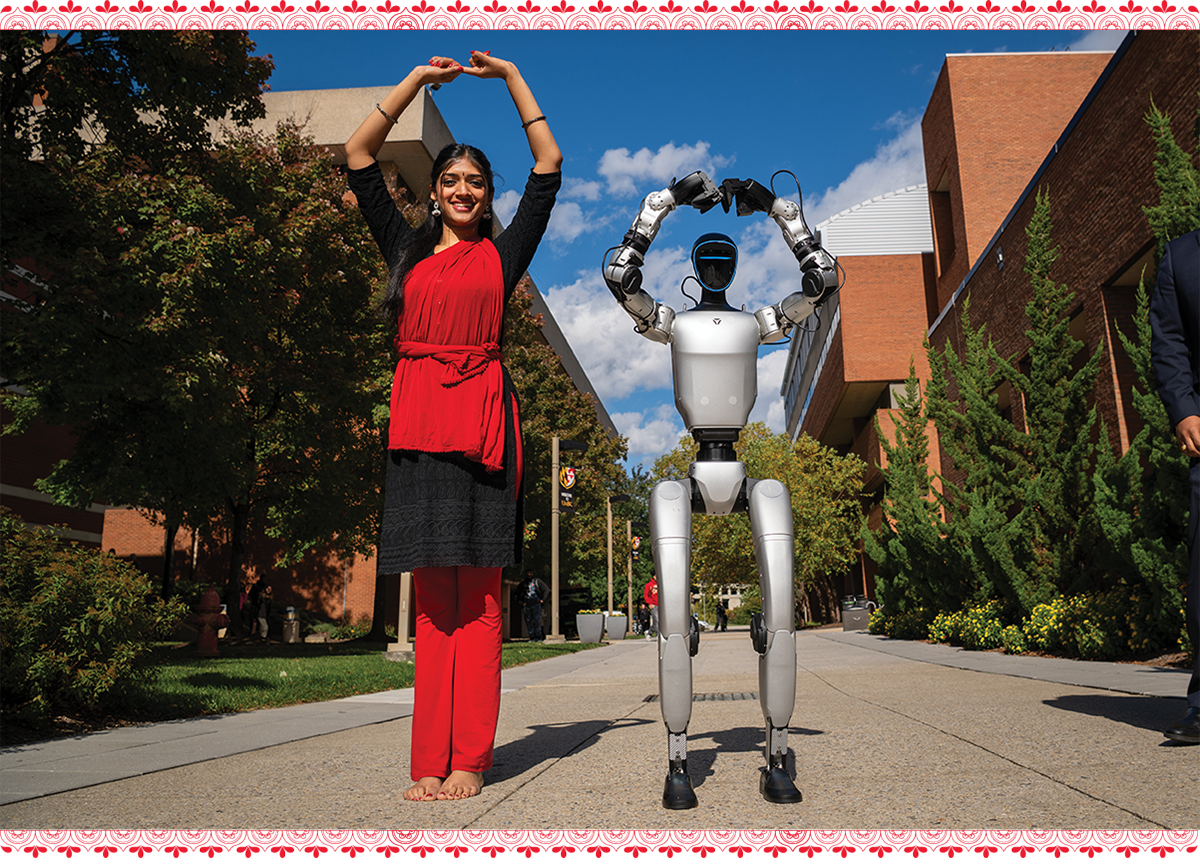For the first time ever researchers crack RSA and AES data encryption
Chinese scientists reveal D-Wave’s quantum computers can break RSA encryption, signaling an urgent need for new cryptography solutions.

The research team’s experiments focused on leveraging D-Wave’s quantum technology to solve cryptographic problems. (CREDIT: DWave)
Recent developments in quantum computing have sent shockwaves through the cybersecurity community, revealing the potential of quantum systems to undermine modern encryption.
A team of Chinese researchers, led by Wang Chao from Shanghai University, has demonstrated that D-Wave’s quantum annealing computers can crack encryption methods that safeguard sensitive global data.
This breakthrough, published in the Chinese Journal of Computers, emphasizes that quantum machines are closer than expected to threatening widely used cryptographic systems, including RSA and Advanced Encryption Standard (AES).
The research team's experiments focused on leveraging D-Wave's quantum technology to solve cryptographic problems. In their paper, titled “Quantum Annealing Public Key Cryptographic Attack Algorithm Based on D-Wave Advantage,” the researchers explained how quantum annealing could transform cryptographic attacks into combinatorial optimization problems, making them more manageable for quantum systems.
They reported using the D-Wave Advantage system to factor a 50-bit RSA integer, showcasing the potential of quantum machines to disrupt encryption practices that have been considered secure for decades.
This marks a turning point, with quantum computers now posing a substantial threat to classical encryption systems, particularly those based on the Substitution-Permutation Network (SPN) structure, which underpins many of today's cryptographic methods.
The research didn’t just target RSA; it also demonstrated the vulnerability of algorithms essential to AES, such as the Present, Rectangle, and Gift-64 block ciphers. These encryption standards, used by major organizations and governments worldwide, could be compromised as quantum computing continues to evolve.
Related Stories
Prabhjyot Kaur, a senior analyst at Everest Group, weighed in on the potential implications of this breakthrough: “Many cryptographic algorithms that enterprises rely on today, such as RSA and ECC, are based on mathematical problems that are computationally difficult for classical computers to solve efficiently. However, the advent of quantum computing threatens the security of these algorithms. The need for robust quantum-safe or post-quantum cryptographic solutions becomes increasingly evident as quantum computing advances.”
For years, experts have predicted that quantum computing could eventually break today’s encryption, but the timeline for these threats was thought to be several decades away. Wang Chao’s team challenges this assumption. Their findings suggest that quantum computers are already making significant strides in attacking cryptographic systems, potentially accelerating the timeline for when these machines could become a significant threat.
Even though AES-256 is considered one of the safest encryption methods, researchers warn that quantum computers could soon become a real threat. If a breakthrough occurs, it could seriously undermine the password protection that keeps our online information secure. Wang’s research describes quantum annealing as similar to artificial intelligence, capable of optimizing solutions on a global scale.
The implications for cybersecurity are profound. Data encrypted today might be safe for now, but adversaries could be intercepting and storing that data, waiting for the day when quantum computers become powerful enough to decrypt it. This threat, known as "Harvest Now, Decrypt Later," is a growing concern for organizations and governments alike. It underscores the urgent need for quantum-safe encryption methods.
Many companies are already racing to develop post-quantum cryptographic solutions to mitigate the risk posed by quantum attacks. Yet, the research from Shanghai University highlights the need for immediate action. Organizations that rely on cryptographic systems like RSA and AES must reassess their security measures in light of these advancements.
Kaur stressed the urgency of this issue: “The advancement of quantum computers can seriously threaten data security and privacy for various enterprises, affecting fundamental principles such as confidentiality, integrity, and authentication. This makes it essential to reassess the security of these cryptographic methods.”
While efforts to develop quantum-safe encryption are underway, experts warn that the time to act is now. “The growing threat from quantum computers requires immediate attention to ensure the security of our digital future,” the researchers cautioned in their paper. If quantum systems continue to develop at their current pace, they could enable cyberattacks far more sophisticated than anything seen today, making it critical to implement quantum-resistant encryption measures.
The risks are not hypothetical. D-Wave’s quantum systems, which the Chinese team used in their research, are accessible through cloud services for around $2,000 an hour. In 2017, a D-Wave quantum computer cost roughly $15 million, but today, these machines are increasingly within reach for those with the resources. With over 5,000 qubits, the D-Wave Advantage system is among the most advanced quantum computers available, capable of solving problems classical computers struggle with.
This rise in quantum computing capability has prompted responses from global organizations. Apple, for instance, introduced its PQ3 security protocol earlier this year to bolster the encryption of its iMessage app, aiming to protect users’ data from future quantum decryption attempts.
Apple researchers warned in February of the "Harvest Now, Decrypt Later" scenario, where data encrypted today could be stored and decrypted in the future once quantum computers become powerful enough.
The Global Risk Institute (GRI), a Canadian organization that assesses financial risks related to global events, has also highlighted the dangers of quantum computing.
A 2023 survey conducted by GRI found that the majority of cryptography experts believe quantum computers will be able to break RSA-2048 encryption within 30 years. They urged the cybersecurity community to prioritize “crypto-agility” and develop layered defenses to counteract the quantum threat.
In 2022, Chinese researchers proposed a method to break RSA-2048 encryption, though it required "millions of qubits"—a capability far beyond current quantum systems. However, with D-Wave’s Advantage system already equipped with over 5,000 qubits, the gap between theory and reality is closing.
Wang Chao’s team has sent a clear message: the quantum computing era is not a distant future—it is fast approaching. The cybersecurity community must act now to protect data and systems from the emerging quantum threat.
Note: Materials provided above by The Brighter Side of News. Content may be edited for style and length.
Like these kind of feel good stories? Get The Brighter Side of News' newsletter.



